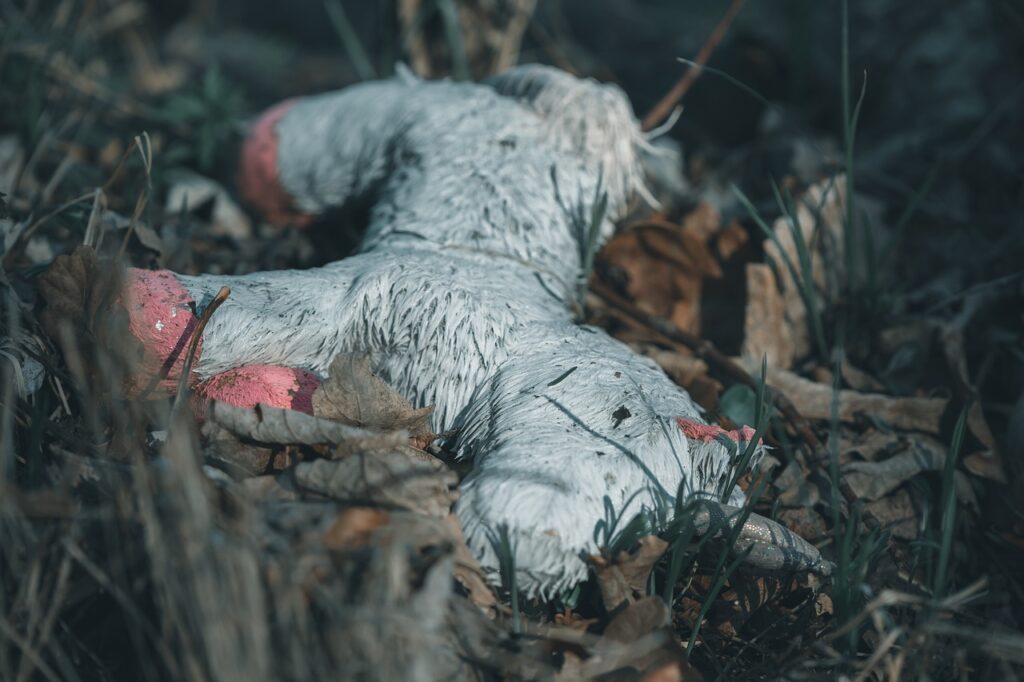The laughter of children playing dances across the breeze. In the distance a dog barks and the warmth of the sun declares that all is right with the world. A world full of wonder and promise.
Then I awaken.
Somewhere in the darkness of my room I hear soft sobs. Sobs of pain. It doesn’t matter if the injuries are due to bullets, bombs, or falling buildings, the child suffers. There may be medical support on the way, or not, but for this child in this place, their entire existence centers on the pain. Gone is the sun, the breeze, the dance.
My eyes adjust to the dimness, and I see a small, crouched figure, arms clasped round a distended belly, too weak to cry, this small being merely shivers. It doesn’t matter where this child lives, they have learned that hunger can hurt.
In a review of Horrendous Evils and the Goodness of God by Marilyn McCord Adams, William C. Placher writes:
“…she rightly, I think, rejects Kenneth Greenberg’s often quoted line that in such matters we should say nothing that it would be inappropriate to say in the presence of the burning children of Auschwitz. Is there anything you can say in the presence of burning children?”
Is there? Whatever heritage the child can lay claim to, is there anything you can say that will explain the barbarous, sadistic destruction of their spirit and body? How do you explain war and social neglect to a child?
In the Brothers Karamazov, Fyodor Dostoevsky wrestles with the whole question of suffering and in the end, it is the suffering of children that he cannot reconcile. From, Redefining Job and the Conundrum of Suffering (Victoria Adams).
“Ivan, in the chapter entitled, “Rebellion,” expounds on his thoughts of suffering and brotherly love. He believes true brotherly love is impossible once one sees the face of the sufferer. In other words, we can love one another in the abstract but not as individuals. He determines that perhaps Jesus could—but he is God, and we are not. Ivan focuses on the suffering of children because, ‘…in the first place, children can be loved even at close quarters, even when they are dirty, even when they are ugly.’
Ivan goes on to describe the cruelty of the Bulgarian war [1876], calling it an injustice to the beasts to call it bestial. He details the reports he has heard of the particular cruelty to the children, innocent of all wrongdoing, yet made sport of, and murdered before their mothers’ eyes. He goes on to describe a case of child abuse so severe that when the individual reaches adulthood, his crimes are worthy of death. He has collected an entire library on the travesties visited on children, even in the most affluent of homes. Of all the misery in the world, it is the cruelty visited on these most innocent that strikes him deepest.”
We pretend to be incredulous when we read about the slaughter perpetrated by the Aztecs during their reign. I must wonder, though, are we any better? How many lives do we see sacrificed each day through war or inaction and yet we do nothing? How often do we question the gods for their inaction in the face of human suffering—while we do nothing?
I hug my pillow tight and try to recapture my sleep, my dream. I hear laughter in the meadow—and I weep.

No Comments